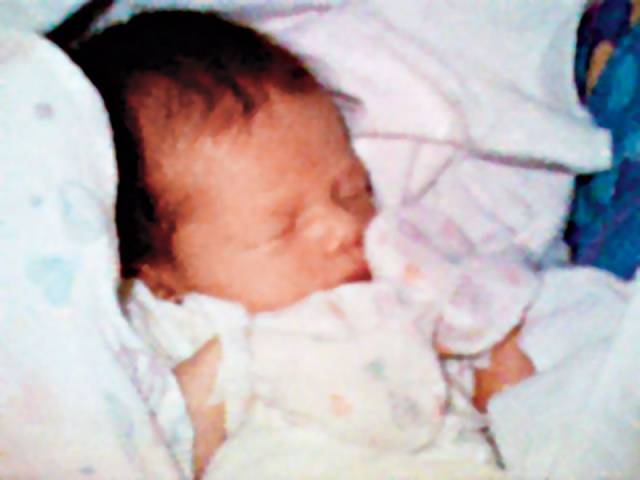First Cell-Phone Picture, Philippe Kahn, 1997 Boredom can be a powerful incentive. In 1997, Philippe Kahn was stuck in a Northern California maternity ward with nothing to do. The software entrepreneur had been shooed away by his wife while she birthed their daughter, Sophie. So Kahn, who had been tinkering with technologies that share images instantly, jerry-built a device that could send a photo of his newborn to friends and family—in real time. Like any invention, the setup was crude: a digital camera connected to his flip-top cell phone, synched by a few lines of code he’d written on his laptop in the hospital. But the effect has transformed the world: Kahn’s device captured his daughter’s first moments and transmitted them instantly to more than 2,000 people. Kahn soon refined his ad hoc prototype, and in 2000 Sharp used his technology to release the first commercially available integrated camera phone, in Japan. The phones were introduced to the U.S. market a few years later and soon became ubiquitous. Kahn’s invention forever altered how we communicate, perceive and experience the world and laid the groundwork for smartphones and photo-sharing applications like Instagram and Snapchat. Phones are now used to send hundreds of millions of images around the world every day—including a fair number of baby pictures.
